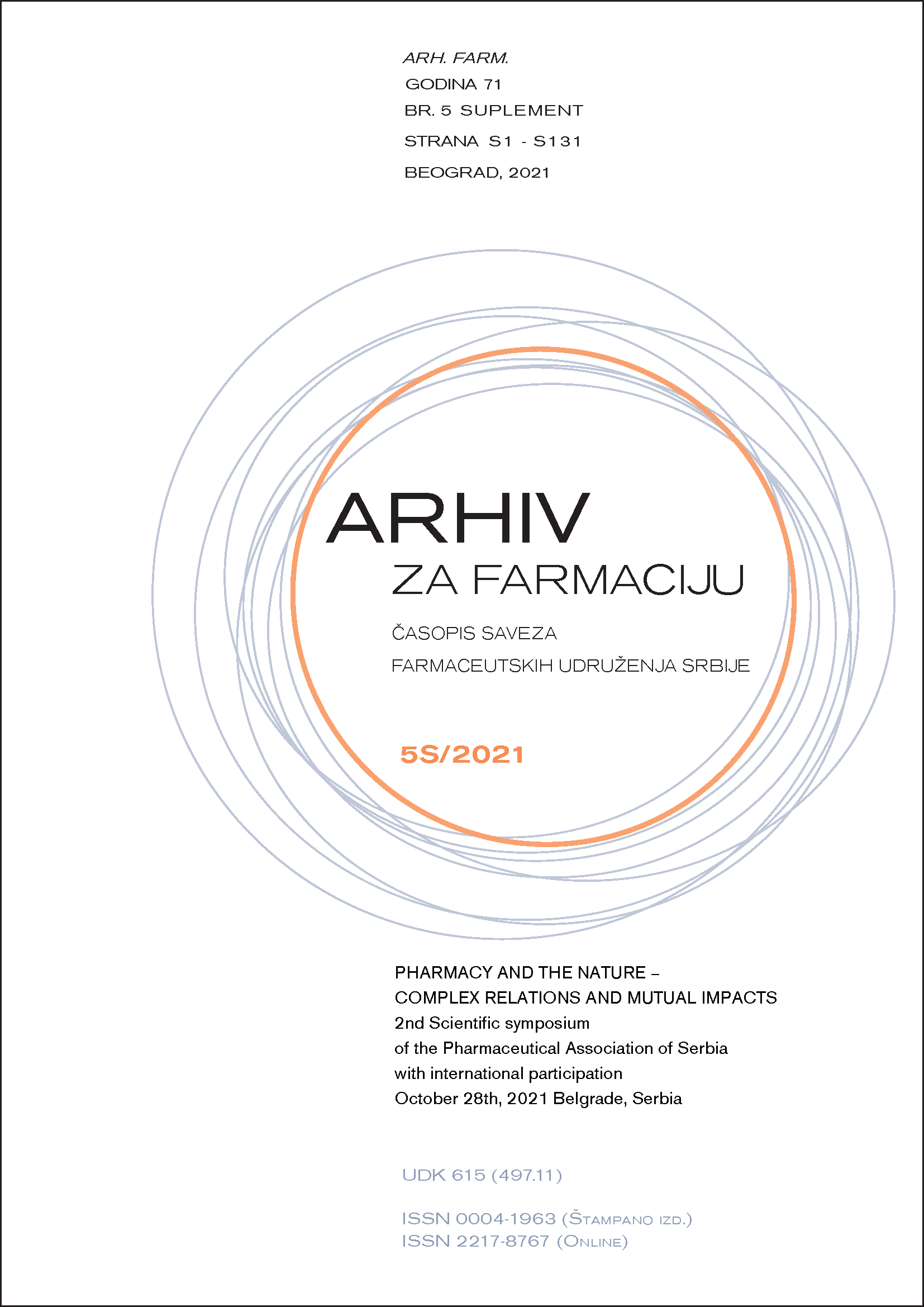POTENTIAL SIGNIFICANCE OF BRADYKININ 2 RECEPTOR AND/OR ANGIOTENSIN-CONVERTING ENZYME GENOTYPING IN KIDNEY TRANSPLANT RECIPIENTS
Abstract
Kidney transplantation (Tx) remarkably improved short-term outcomes in patients with end-stage kidney disease, but growing evidence indicates that identifying the biomarkers associated with long-term outcomes is of utmost importance. Bradykinin (BK) is considered to exert renoprotective and cardioprotective effects, which are mainly mediated by the activation of BK type 2 receptor (B2R). It is commonly believed that the therapeutic benefits of angiotensin-converting enzyme (ACE) inhibitors derive more from inhibiting the inactivation of the kinins than by suppressing angiotensin II formation (1). The level of B2R expression is influenced by insertion/deletion (+9/-9) gene polymorphism in exon 1 of the B2R gene, while the plasma and tissue messenger RNA (mRNA) levels of the ACE are associated with a 287 base pairs insertion/deletion polymorphism in intron 16 (I/D) of the ACE gene. It has been assumed that the carriers of B2R +9 allele and ACE D allele have an increased risk for developing diabetes mellitus and chronic kidney disease respectively (2,3). The main goal of this study was to evaluate the potential association of B2R +9/-9 and ACE I/D gene polymorphisms with graft function [defined as estimated glomerular filtration rate, eGFR] in the period from 6 up to 36 months after Tx. The pharmacogenetic study enrolled 96 patients genotyped for B2R and ACE polymorphism. Linear regression analysis was performed to evaluate the potential influence of genetic factors along with demographic characteristics on eGFR values from 13 and up to 36 months. The obtained results reported that the B2R heterozygotes and +9/+9 genotype carriers had eGFR values that were less by 13.073 (p<0.001) and 9.193 (p<0.001) than those in -9/-9 genotype carriers. Besides B2R polymorphism, lower eGFR at 6 months, acute rejection, female gender, and advanced age were significant predictors of worse eGFR between 13 and 36 months. On contrary, ACE polymorphism did not express the significant influence on long-term eGFR values. The corresponding multivariate analysis confirmed that the +9 allele was associated with lower eGFR values compared to the carriers of both -9 alleles (-9/+9: p<0.001; +9/+9: p<0.001) even after adjusting for other significant covariates. Therefore, kidney transplant patients may potentially benefit from the introduction of ACE inhibitors into the therapy, especially +9 allele carriers, due to they are the most effective drugs nowadays in enhancing the kallikrein-kinin system through reducing the degradation of endogenous BK and enhancing the sensitivity of the B2R.

